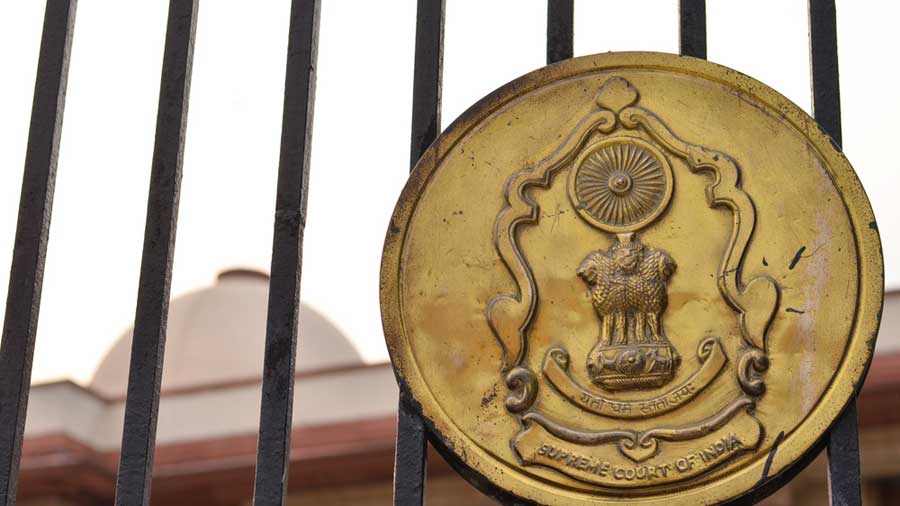Criticism cannot be criminalized in a democracy. That is the heartening message that has been sent out — loud and clear — by a learned bench of the Supreme Court while quashing the charge of sedition against a senior journalist for his critical remarks against the prime minister. While upholding the rights of journalists to criticize — ‘even brutally’ — the government, the apex court laid out the context that warrants such censure. Valid criticism, the wise judges concluded, is an important tool to improve the quality of governance. This is one of the fundamental tenets of a democratic set-up. An elected government cannot be prejudicial against those critical of it and its measures. Yet, the Bharatiya Janata Party has been repeatedly accused of penalizing contrarian voices by weaponizing legal instruments. Sedition, a colonial-era law, has been its favoured weapon. Data suggest that 96 per cent of sedition cases filed in the course of the last decade against citizens for their disapproving remarks regarding political leaders took place after Narendra Modi won power in India. Bihar, Uttar Pradesh, Uttarakhand, Karnataka and Jharkhand — the BJP was in power in each of these states then — accounted for the majority of these cases. That dissenting opinion is integral to the democratic ethic continues to elude the BJP: the myopia is perhaps a result of the party’s authoritarian blinkers.
It is equally refreshing to note that the court is now willing to take forward the legal momentum against sedition at a time when there is an attempt to blur the relationship between constitutional rights and public duties. Earlier this month, the Supreme Court had expressed its willingness to define sedition in the light of the indiscriminate — intentional — application of Section 124A by the State against the media fraternity. The consistent deterioration in India’s performance in the press freedom index is one manifestation of this witch-hunt against the handful of unrestrained voices that survive. The enlightened position of the court bears lessons for law, State and media. There is a case for reforming law by ridding it of archaic elements — the sedition law being one such. The State, if it is concerned about the failing health of Indian democracy, must participate in this cleansing. As for the Indian media — a rather docile species at the moment — it should take a cue from the court’s unambiguous endorsement of free speech and stop disseminating the master’s voice.











